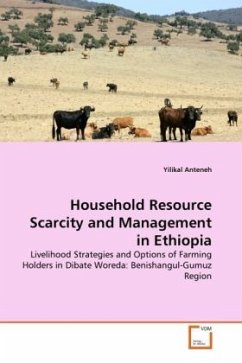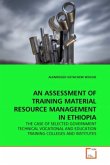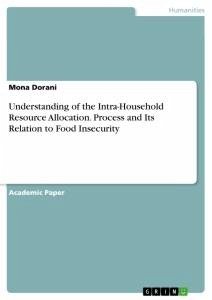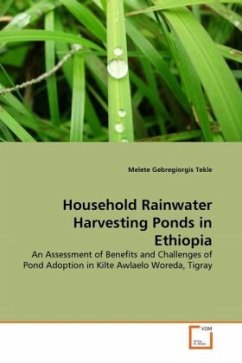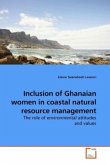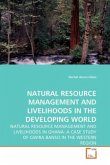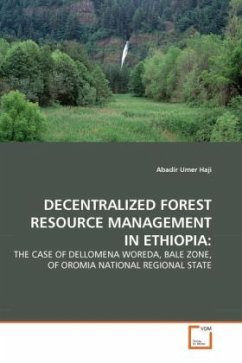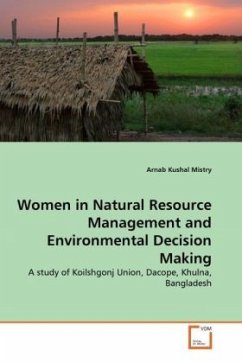Over the past many years, apart from climatic influence, customary resource management systems are responsible for the existing deprived livelihoods in rural Ethiopia, as manifested by the Practice of traditional farming methods and implements. This book investigates rural households' resources management practice in Dibate Woreda, Benishangul Gumuz Region in Ethiopia, where shifting cultivation is practiced by the Gumuz People. Unseemly resource management leads to degradation and then scarcity of resources both at household and community level, which in turn results in agricultural stagnation and declining production in the region. Farmers shoddier labor-time allocation, flawed land-livestock integration, limited application of modern farm inputs are the pragmatic predicaments. This book therefore, provides valuable information pertaining to utilization of primitive agricultural tools, households' labor-time allocation, land-livestock integration & farmers decision on resourcesmanagement system. The book is worthy to professionals, development planners, and anyone else who may involve in issues of local development and livelihood-environment nexus in Ethiopia.
Bitte wählen Sie Ihr Anliegen aus.
Rechnungen
Retourenschein anfordern
Bestellstatus
Storno

